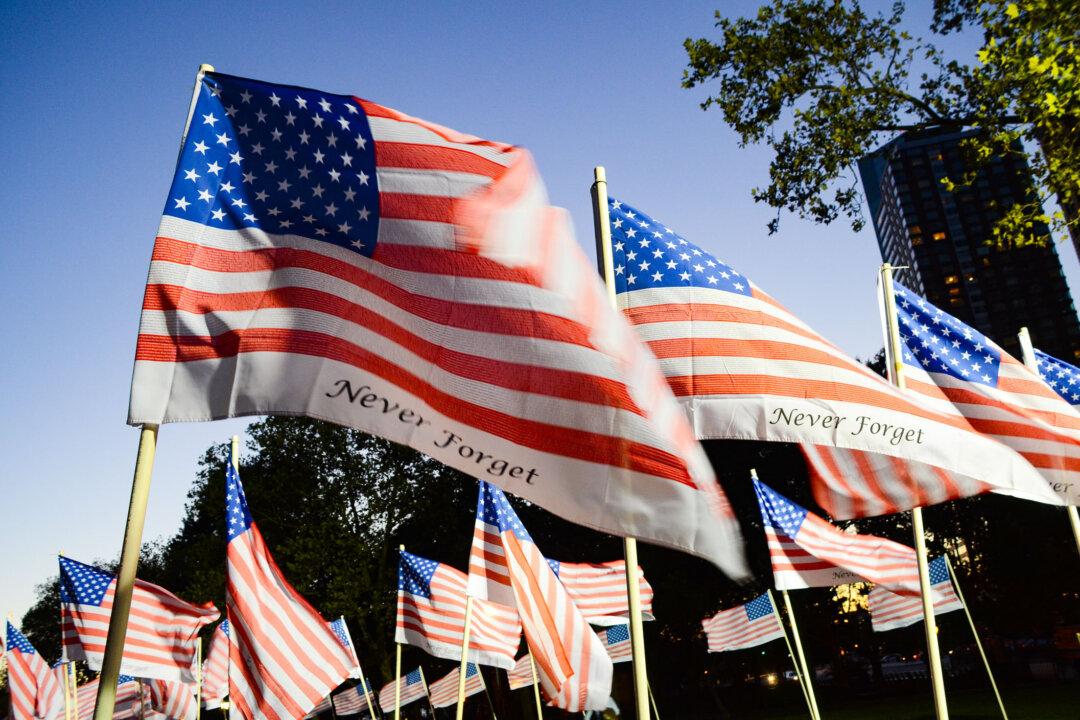Twenty-four years ago, a hard-fought, controversial election put Republican George W. Bush in the White House and left Americans deeply divided. Less than a year later, on Sept. 11, 2001, those rancorous divisions abruptly ended when 19 terrorists divided into teams, commandeered four commercial aircraft, and crashed them into the Twin Towers of the World Trade Center, the Pentagon, and a field in Pennsylvania after heroic passengers rose up and fought against them.
The men who had planned and financed these operations declared themselves victorious. They believed they had shot an arrow into the heart of “the Great Satan.” Perhaps they had even hoped to bring the United States to its knees.






